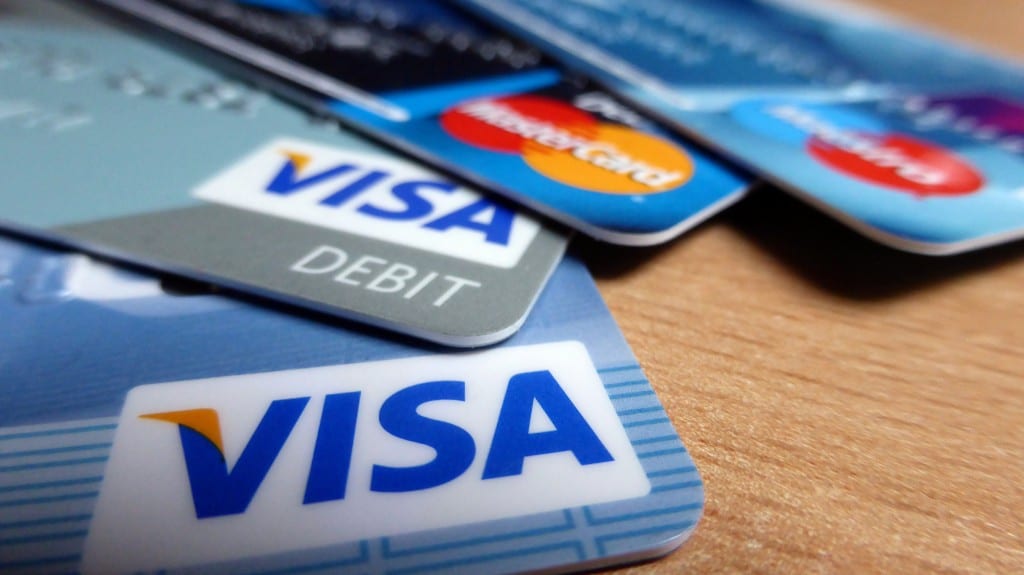
Nine out of ten Thais are keen to make payments via mobile wallets given the right security measures, incentives and additional services such as built-in loyalty programs, according to the Visa Consumer Payment Attitudes Study.
The fourth instalment of the annual study discovered that 94 percent of respondents would be more likely to replace cash with a mobile wallet if payment[2] comes with features such as offers and rewards. Built-in functions such as loyalty programs, instant purchase notifications, as well as digital receipts to track expenses, will make consumers more likely to try mobile wallets.
“The findings from this study confirm that consumers not only expect fast, simple and secure mobile payments, they also want access to relevant services such as promotions and the ability to collect and utilize reward points. Whatever the form factor, people are moving away from seeing payment as just a commodity. As a global leader in payments, Visa enriches the entire payment ecosystem by offering global acceptance, innovative product platforms, reward incentives, and state of the art security,” said Suripong Tantiyanon, Visa Country Manager, Thailand.
Payments made via mobile applications are on the rise, particularly for financial products and services such as investment units, and online shopping. The former constituted as much as half of all mobile transactions (51 percent), while the latter comprised three in ten (31 percent). In the case of financial products and services, the increase from the previous year was a robust 14 percent.
The Study showed that nine in ten respondents (87 percent) have made a mobile payment in the past year, with 58 percent already using it on a weekly basis. Yet the biggest barrier to entry remains security.
The main barriers to mobile payment adoption are fear of phone hacking and data theft (34 percent), losing your phone or having it stolen (22 percent), unauthorized access to personal accounts (17 percent), and viruses and malware (9 percent).
“While people value the convenience and benefits that come with mobile payments, security remains the highest priority. For Visa, whether it is contactless payment through card, mobile device, or QR code payment, we always implement a multi-layered approach to security to ensure that customers can pay with peace of mind. This can include the Visa Token Service that replaces the traditional payment card account number with a unique digital identifier or “token” to process online and mobile payments without exposing actual account details, or two-factor authentication for mobile commerce,” said Mr. Suripong.
QR Code in particular will help drive the global shift toward a cashless future. Visa and the other EMVCo Members have recently launched new globally interoperable EMV specifications and successfully enabled merchant-presented QR technology in 15 countries around the world.
This new global specification is an important step that promotes interoperability and standardizes the fast growing ecosystem of QR code payments across the world. Already, 33 banks and more than 328,000 merchants across India, Kenya and Nigeria have adopted the interoperable standards as they accelerate their QR code digital payment programs.
EMVCo is the global technical body tasked with managing, maintaining and enhancing EMV specifications to ensure interoperability and acceptance of EMV-based payments worldwide.

